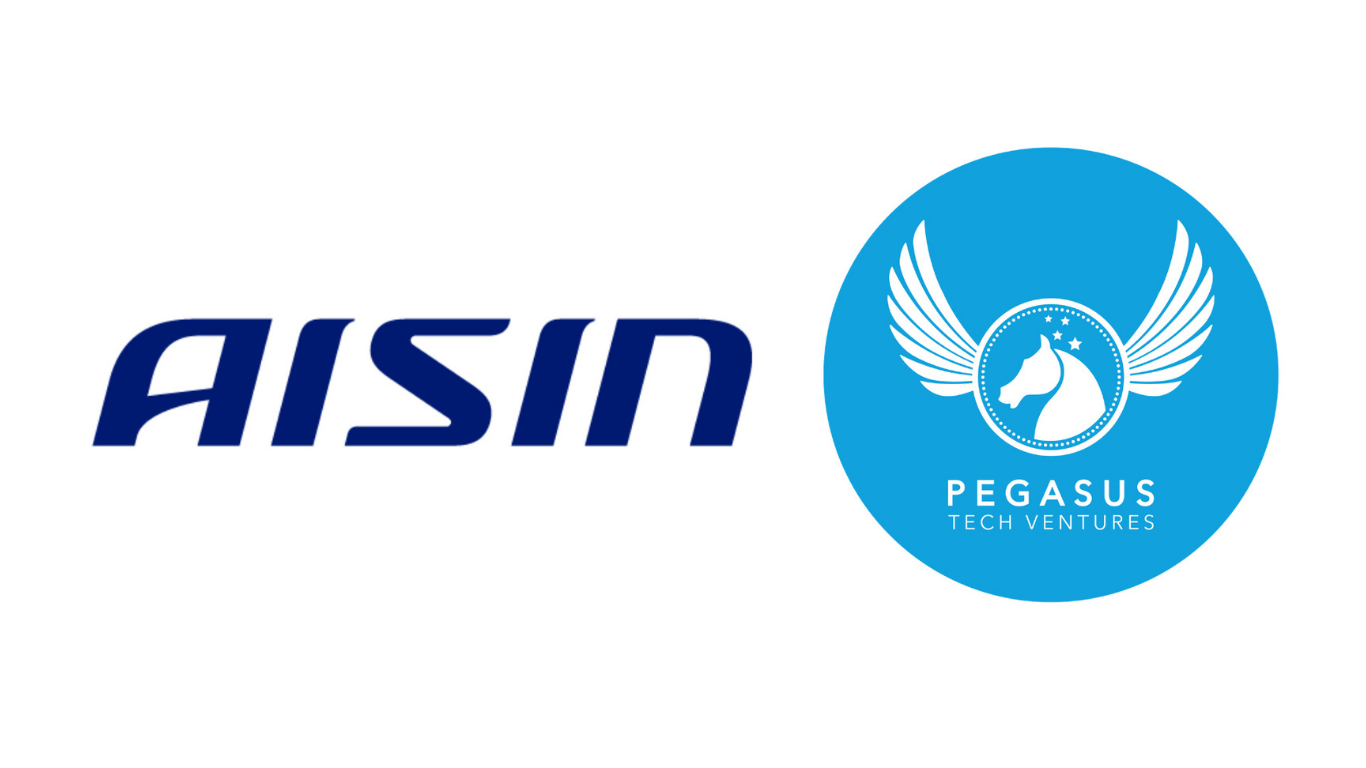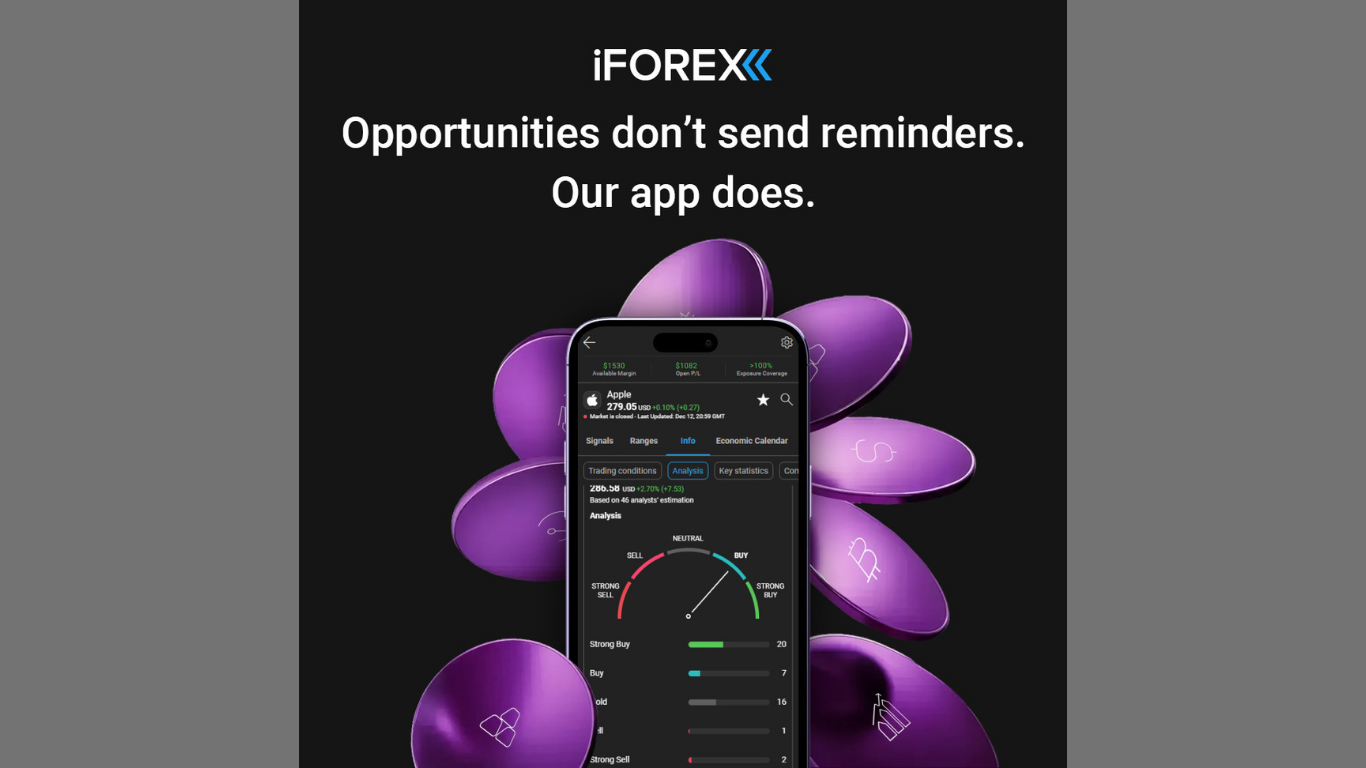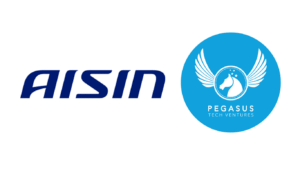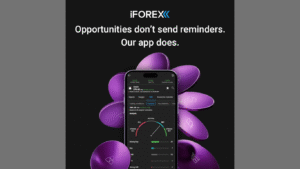In 2025, compliance has shifted from being just another box to check to one of the defining elements of a strong marketing strategy. Organizations now rely on marketing compliance approval software to bridge the gap between creativity and regulation. For creative teams, it means the freedom to experiment and build campaigns without worrying about last-minute shutdowns. For compliance officers, it means automated workflows that reduce manual checking and give them more time for high-level analysis. And for leadership, it creates a transparent view of how the brand is being protected across every channel.
This alignment means campaigns get to market faster, with fewer risks and more accountability. Compliance isn’t a delay anymore — it’s a trusted framework that helps organizations move quickly and safely in an increasingly competitive space.
The Evolution of Marketing Compliance
Why 2025 Is a Turning Point
Regulatory environments never stand still. Over the past decade, industries have been hit with waves of new rules around transparency, privacy, and data usage. At the same time, digital campaigns have expanded across more channels, formats, and geographies than ever before. Together, these shifts make manual review systems too slow and error-prone to keep up.
By 2025, companies sticking to outdated methods will feel the pain: approvals dragging on, errors slipping through, and customer trust eroding. That’s why automation, integration, and smarter compliance strategies have become essential.
Rising Scrutiny Across Industries
Whether it’s finance, healthcare, or consumer products, regulators are watching marketing more closely than ever. Rules are expanding to cover not only what is said but also how it’s delivered, who it’s targeting, and how data is being handled. Even innocent mistakes can trigger fines, while repeated failures can leave lasting damage.
This is where asking what is marketing compliance becomes crucial. It’s not just about rules — it’s about weaving safeguards into every stage of marketing so creativity can thrive without risk. In this new reality, approval software isn’t a nice-to-have. It’s a necessity.
What Is Marketing Compliance Approval Software?
Definition and Purpose
At its core, marketing compliance approval software is a platform that streamlines how content is reviewed and approved. It checks assets against regulatory standards before they go live, while automating workflows to save time. Instead of juggling endless email threads or fragmented sign-offs, teams work inside a centralized system that keeps everything moving.
The value isn’t only speed. By embedding compliance directly into the creative process, approval software makes sure regulations are followed at every stage — without suffocating innovation.
How It Differs from Traditional Tools
Traditional compliance tools typically work after the fact, monitoring or auditing campaigns once they’re already created. Approval software flips that model. It steps in earlier, guiding content through structured workflows and preventing problems before they reach the public.
Key differences include:
- Early intervention during drafting and review
- Workflow automation instead of manual tracking
- Integration with creative tools for real-time compliance
Benefits of Marketing Compliance Approval Software in 2025
Speeding Up Approval Cycles
Marketing deadlines are getting tighter every year. Product launches, seasonal campaigns, and regulatory updates often demand quick turnarounds — but the reality is that traditional review processes are painfully slow. Content gets stuck in inboxes, feedback is scattered across email chains, and teams waste days waiting for a single sign-off.
This is where marketing compliance approval software changes the game. Instead of relying on manual tracking, the software automates the entire process. Tasks are assigned clearly to the right people, reminders are sent automatically, and workflows are streamlined to prevent bottlenecks. Everyone knows what stage a campaign is in and who’s responsible for the next step.
The impact is huge. Campaigns move through approvals faster, without sacrificing accuracy or oversight. Creative teams don’t lose momentum, compliance officers aren’t overloaded with manual checks, and leadership can trust that projects will launch on time. Faster approvals mean brands stay competitive, meeting market opportunities instead of missing them.
Enabling Remote Collaboration
The way teams work has changed forever. Remote employees, cross-border offices, and external partners are now standard in most organizations. While this opens the door to global talent and 24/7 workflows, it also creates challenges: miscommunication, version control issues, and delays when feedback gets lost in translation (literally and figuratively).
Marketing compliance approval software provides a shared workspace that solves these issues. Feedback, edits, and approvals all live in one transparent system that’s accessible from anywhere. Instead of chasing down files or wondering which version is final, every stakeholder can see updates in real time.
This level of clarity doesn’t just reduce mistakes — it strengthens collaboration. Remote staff feel included, compliance teams stay aligned with creative, and managers have visibility into the entire process. Even when teams are spread across different time zones or working with external agencies, campaigns keep moving forward smoothly.
In a world where distributed teams are the norm, having this kind of centralized, transparent system isn’t just helpful — it’s essential for efficiency and trust.
Reducing Risk of Fines and Penalties
A single missed disclaimer or misleading claim can cost millions in fines or damage a brand’s reputation overnight. By embedding compliance checks into every step, approval platforms catch issues before content goes live. This proactive protection keeps both regulators and customers on the brand’s side.
Top advantages in 2025 include:
- Faster, more reliable approvals
- Clear collaboration across distributed teams
- Stronger safeguards against regulatory mistakes
Marketing Compliance Services vs. Software
Why Services Alone Fall Short
Many organizations lean on outside experts — legal advisors or consultants — to review campaigns. While these marketing compliance services provide valuable expertise, they often work reactively, checking content after it’s created. That can mean slow turnarounds and more revisions.
Software changes the equation by building compliance checks into daily workflows. Instead of waiting for outside validation, teams have tools to ensure compliance continuously as they work.
The Hybrid Model in 2025
The strongest organizations aren’t choosing between the two — they’re combining them. Software manages routine monitoring, workflows, and documentation, while marketing compliance services provide expert judgment for complex, high-stakes cases. Together, this hybrid approach creates balance: efficiency for everyday work and specialized oversight when it matters most.
Benefits of this model include:
- Ongoing oversight without slowing campaigns
- Access to expert analysis for tricky situations
- Compliance strategies that grow with the business
Where Marketing Compliance Approval Software Fits in the Bigger Picture
In 2025, compliance is no longer a back-office task. It’s a strategic pillar that shapes how brands create and deliver content. With marketing compliance approval software, creative teams work confidently, compliance officers work efficiently, and leadership gains peace of mind.
When done right, compliance doesn’t slow campaigns down. It speeds them up. It builds trust with regulators, customers, and stakeholders while letting creativity flourish within safe boundaries.
Final Thoughts
2025 marks a turning point for compliance in marketing. Campaigns are moving faster, regulations are tightening, and customers expect both creativity and accountability. Manual reviews alone can’t keep up.
By investing in marketing compliance approval software, organizations gain more than streamlined workflows — they gain resilience. Campaigns are launched faster, risks shrink, and collaboration improves. And by pairing these platforms with the expertise of marketing compliance services, brands can cover both everyday efficiency and specialized oversight.
So if you’re asking yourself what is marketing compliance today, the answer is clear: it’s no longer just about rules. It’s about building trust, enabling growth, and making compliance a competitive advantage.
Blog received Via Mail





























